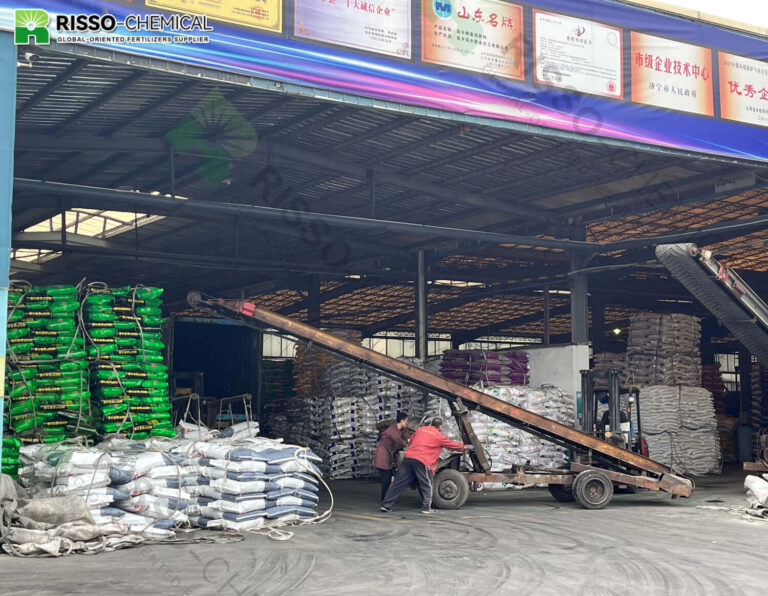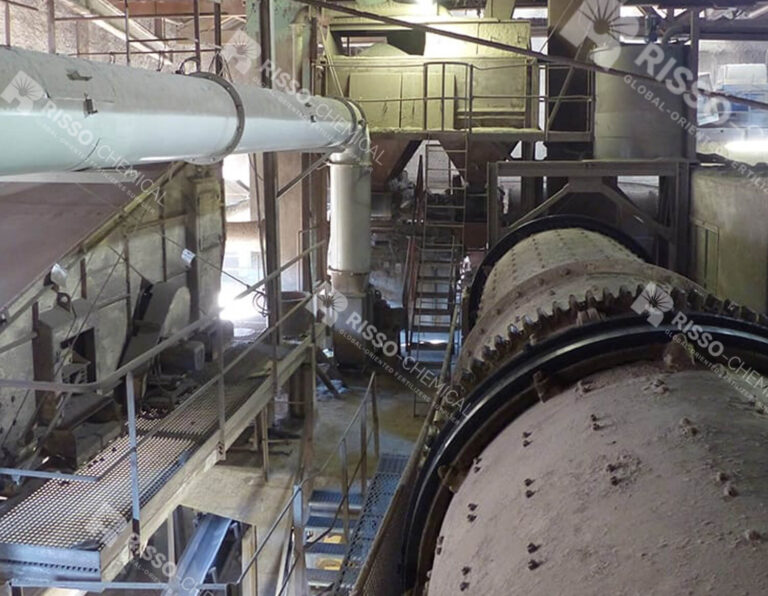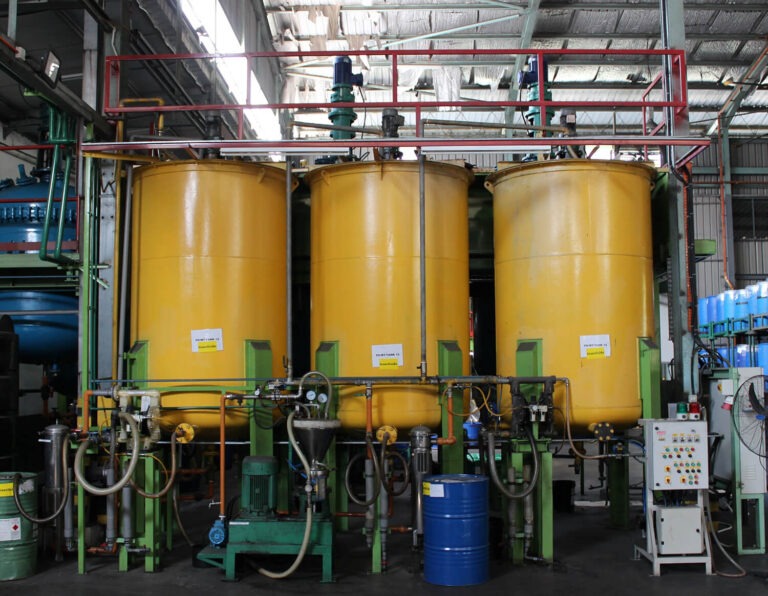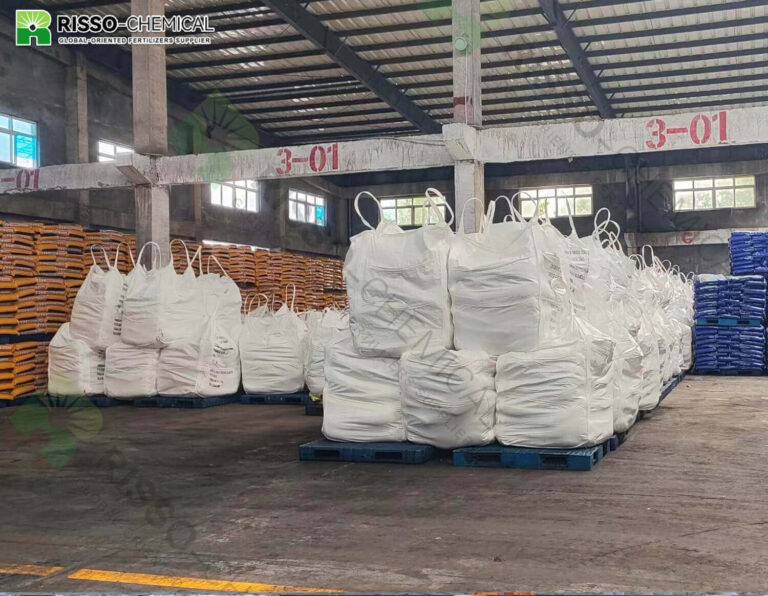Organic Fertilizer
npk 5% ~ npk 10%
Use fertilizers to preserve soil nutrients help produces crops good for human health
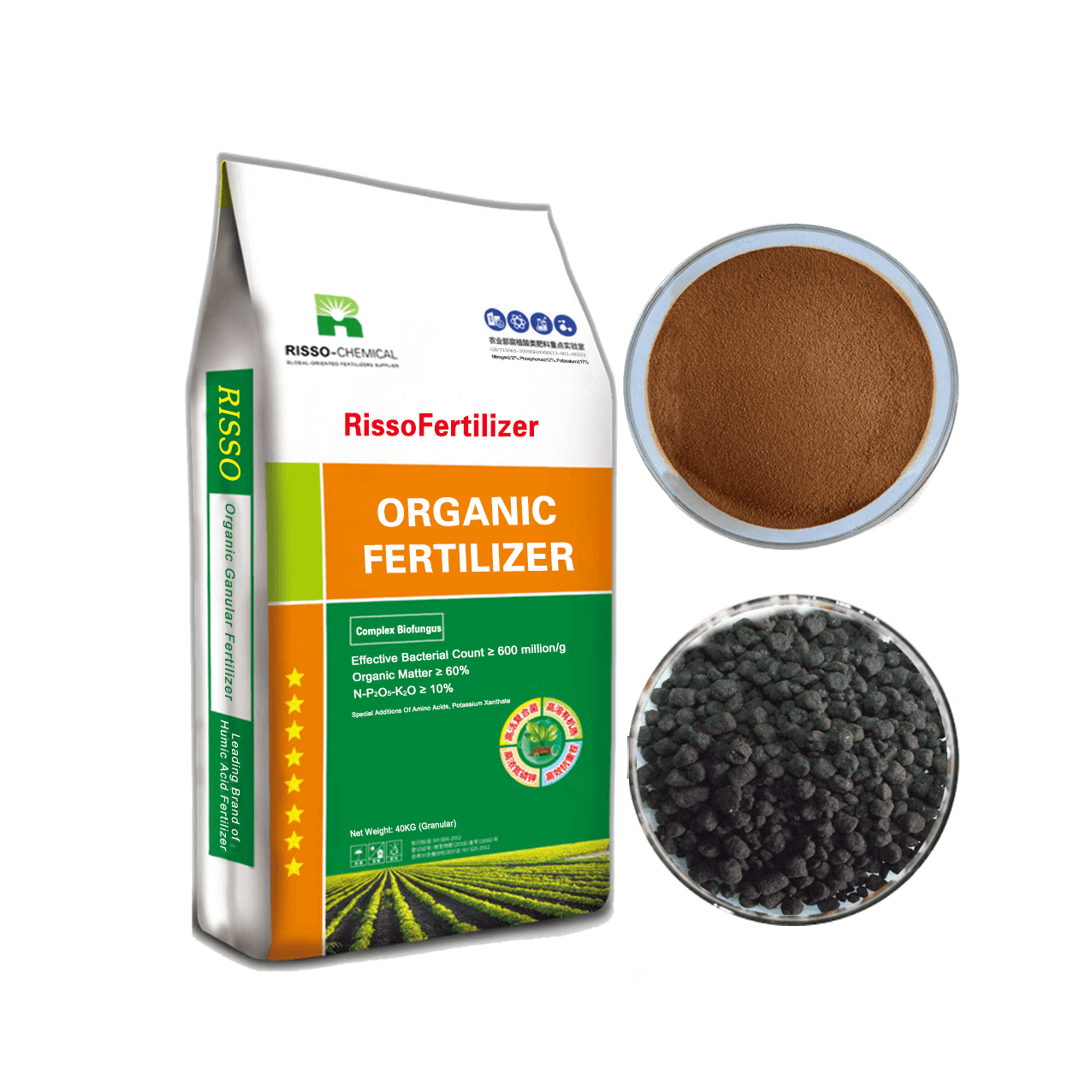
Organic Fertilizer


Organic Fertilizer Blending
Organic Fertilizer
| Product Name: | Organic Fertilizers |
| Grade Standard: | Agriculture |
| Purity: | custom made |
| HS No: | 3101009090 |
| MOQ: | 10T (Sample free) |
| Trade Terms: | FOB, CIF, EXW |
| Origin: | ShangDong, China |
| Applications : | Ideal for Agricultural Fertilizer Needs |
| Certificate: | ISO 22241-1, ISO 9001 standard. |
Organic Fertilizer Description
Welcome to Our Organic Fertilizer Product Range
Our organic fertilizers are designed to enrich soil health, boost crop growth, and support sustainable farming. Made from natural, biodegradable ingredients, these fertilizers provide essential nutrients while reducing environmental impact. Whether you’re cultivating vegetables, fruits, or grains, our organic solutions ensure healthier plants and better yields.
Our Organic Fertilizer Categories
- Granular Organic Fertilizers: Easy to apply and ideal for long-lasting nutrient release.
- Liquid Organic Fertilizers: Fast-acting solutions for immediate crop nourishment.
- Specialized Blends: Tailored formulas enriched with humic acid, amino acids, or micronutrients.
Common types of Organic Fertilizers
These different sources of organic fertilizers offer a variety of benefits and can be customized to meet the needs of specific soils and crops, following the principles of organic farming.
Benefits Of Organic Fertilizer
Organic fertilizers naturally enrich the soil, slowly nourish plants, promote biodiversity, minimize environmental impact and enhance plant health for sustainable growth.
- Enhances soil structure
- Slow-release nutrients
- Promotes biodiversity


- Enhances soil structure
- Slow-release nutrients
- Promotes biodiversity
How To Apply Organic Fertilizer
Organic fertilizers naturally enrich the soil, slowly nourish plants, promote biodiversity, minimize environmental impact and enhance plant health for sustainable growth.


Direct Soil Amendment
Organic fertilizers like compost or manure are directly mixed into the soil to enhance its nutrient content and structure, providing a long-term benefit to plant growth.


Composting to Reduce Pathogens
Compost organic materials into humus, naturally reducing pathogens for safer garden and field use.


Integrated Nutrient Management Practices
Combine organic fertilizers with sustainable methods to enhance soil health and nutrient availability.
Why Farmers Trust Our Organic Fertilizers
- High Quality: Produced under strict standards to ensure purity and effectiveness.
- Eco-Friendly: Formulated with natural, biodegradable materials for safe and sustainable use.
- Global Reach: Trusted by growers worldwide for consistent results and superior crop performance.
Browse our organic fertilizer listings today and discover sustainable solutions to improve soil fertility, boost yields, and promote environmentally conscious farming. Together, let’s grow greener!
FAQs About Organic Fertilizer
Organic fertilizers usually take longer to act on plants, ranging from a few weeks to a few months, depending on the type of organic matter and soil conditions. Their nutrients are released slowly as they decompose.
Disadvantages of organic fertilizers include slower release of nutrients, potentially inconsistent nutrient levels, higher cost compared to synthetic fertilizers, and bulkier size, which can make application more laborious.
Organic fertilizers are generally considered to be better for long-term soil health and sustainability than chemical fertilizers. It improves soil structure, increases water retention, reduces the risk of chemical runoff and benefits the environment.
In general, chemical fertilizers are cheaper than organic fertilizers because of lower production costs and higher nutrient concentrations. However, the long-term benefits of organic fertilizers can offset their high initial cost by improving soil health and reducing environmental impacts.
Yes, it is recommended to water organic fertilizers after application to help dissolve and disperse the nutrients into the soil so they are more readily absorbed by plant roots and to increase the effectiveness of the fertilizer.
The best organic fertilizers vary depending on the needs of the specific plant, but compost is widely considered to be very beneficial due to its nutrient richness and ability to improve soil structure.


What will you get when touch?
✔ Tailored solutions for your project.
✔ One-stop product, tech, market
Why Choose Organic Fertilizers?
- Enhance Soil Health: Improve soil structure, increase microbial activity, and boost nutrient availability.
- Promote Plant Growth: Naturally stimulates root development, flowering, and fruiting for higher yields.
- Sustainable Farming: Reduces chemical use, supports biodiversity, and lowers environmental impact.
- Versatile Applications: Suitable for a variety of crops, including vegetables, fruits, grains, and more.



